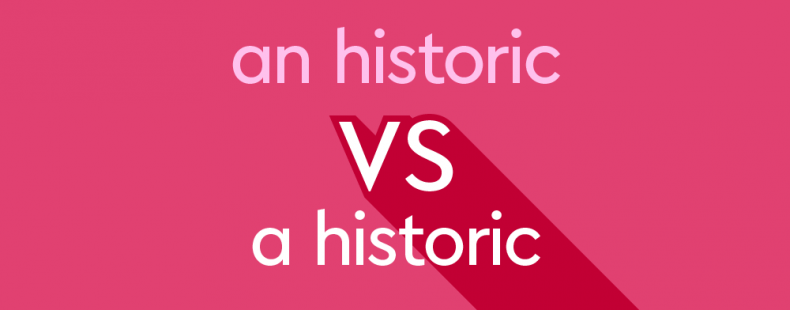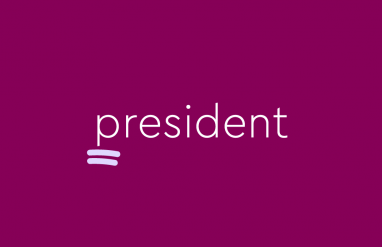⚡ Quick summary
Traditionally, the word an is used as an article before vowel sounds and the word a is used as an article before consonant sounds. Formally, the word historic begins with a consonant sound and so the form a historic is preferred in formal writing. However, many people prefer the form an historic in informal writing and speech for personal reasons.
The Renaissance was a historic time in European history. Or was it an historic time in European history? Many people wonder if a historic or an historic is the correct form to use.
In this article, we will analyze both a historic and an historic, explain why a historic is preferred in formal writing, and provide reasons why some people might prefer to use an historic.
an historic vs. a historic
Traditionally, the word an is used as an article before vowel sounds and the word a is used as an article before consonant sounds. For example, we would say an apple and a banana. However, we would also say an hour and a university. The word hour has a silent H and begins with a vowel sound, so we use the word an. The word university begins with a consonant “yoo” sound and so we use the word a.
It’s perfectly acceptable and natural sounding to use a before the word historic as in This is a historic event. The word historic doesn’t have a silent H and begins with a consonant sound like the word hip, so it makes sense to use the word a. Additionally, most style guides recommend using a before historic, history, and historical.
However, some people choose to say an historic as in This is an historic event. Why? The simplest explanation is they may just have a personal preference and think that an historic sounds better than a historic. There may be other reasons, though. Historically, both forms were commonly used until the 1940s, when a historic began to overtake an historic. By the 1990s, a historic was much more common than an historic. It’s possible that the preference for an historic may be generational or a person may have “inherited” it from a parent or teacher of an older generation.
Alternatively, the preference could be due to regional accents or dialects. English speakers didn’t actually pronounce the H in historic until relatively modern times. This is most likely because the English word historic was influenced by the French historique, which has an unpronounced H. Regional English dialects that practice “h-dropping” may still not pronounce the H in historic, and these speakers are more likely to use an historic (an ’istoric) than a historic.
All of this tells us that both sides of the an historic and a historic debate have support for their argument. In informal writing, either form would be considered acceptable (and likely to face criticism from the other side.) In formal writing, though, the form a historic is the widely preferred form.













